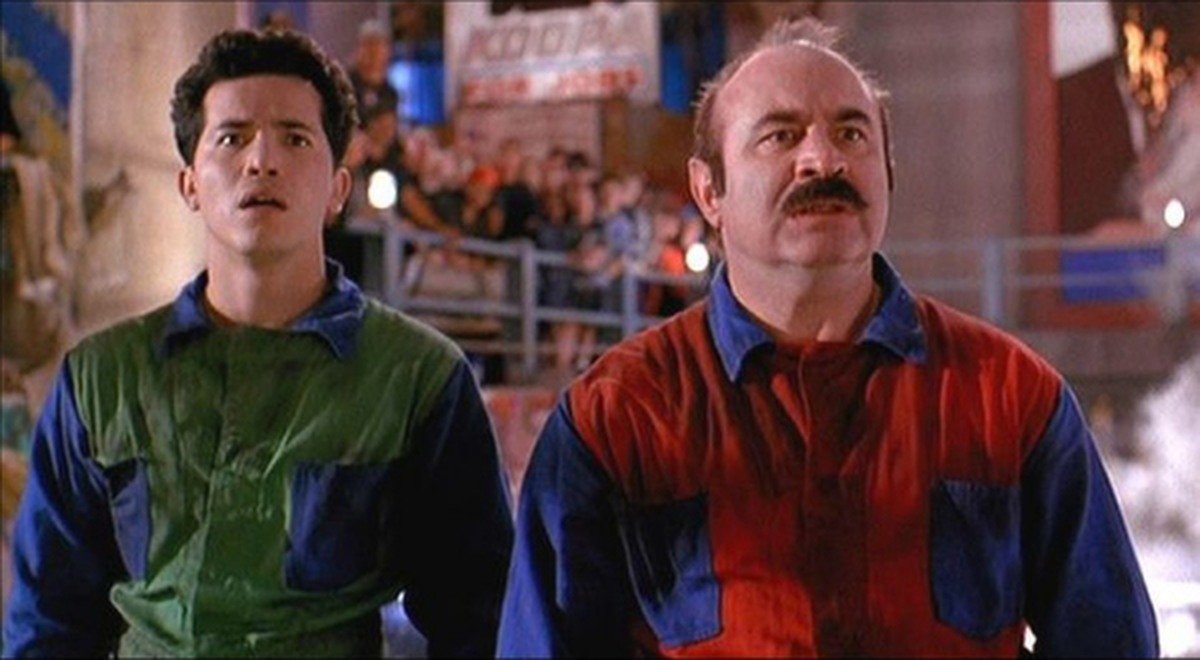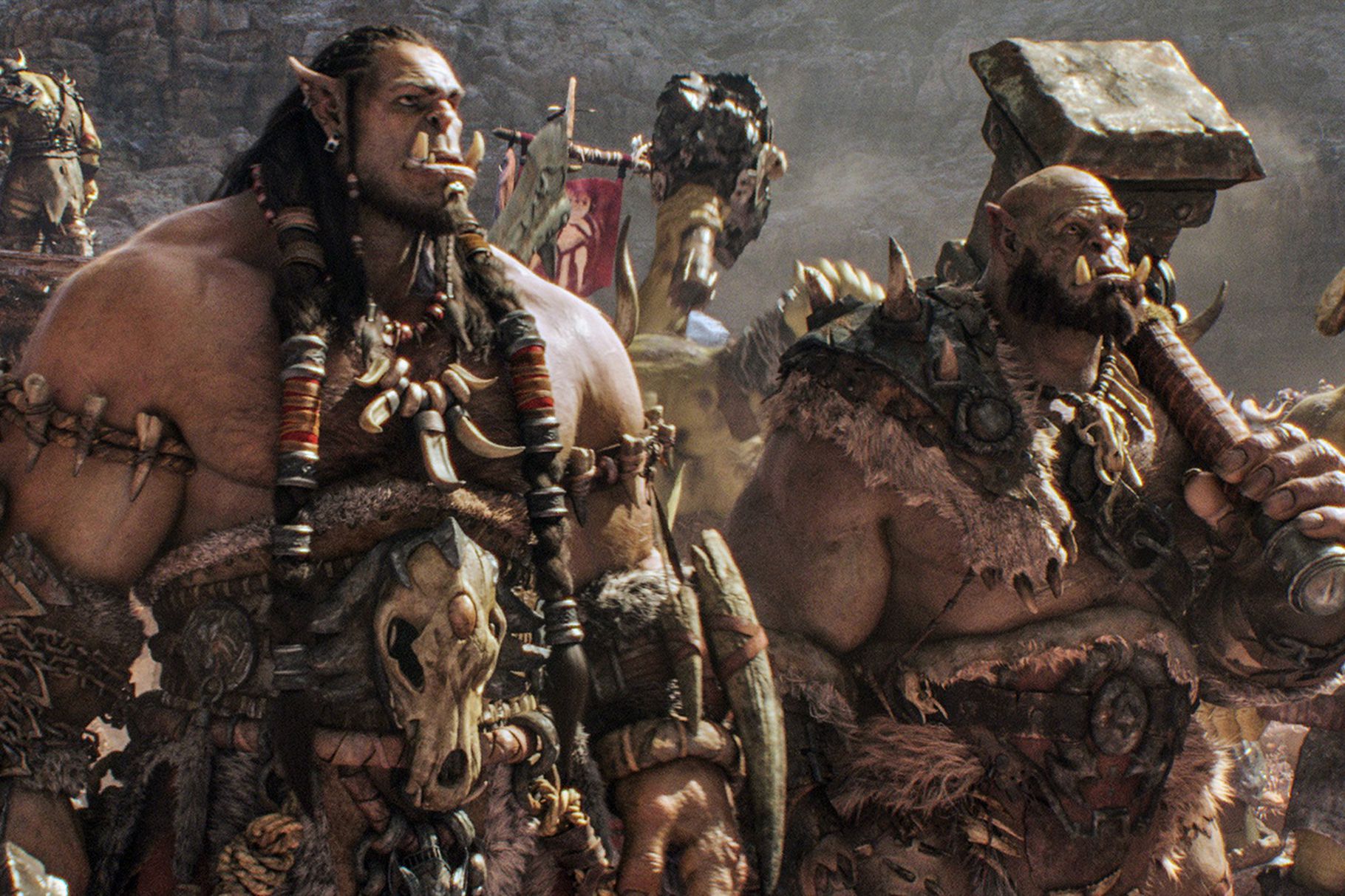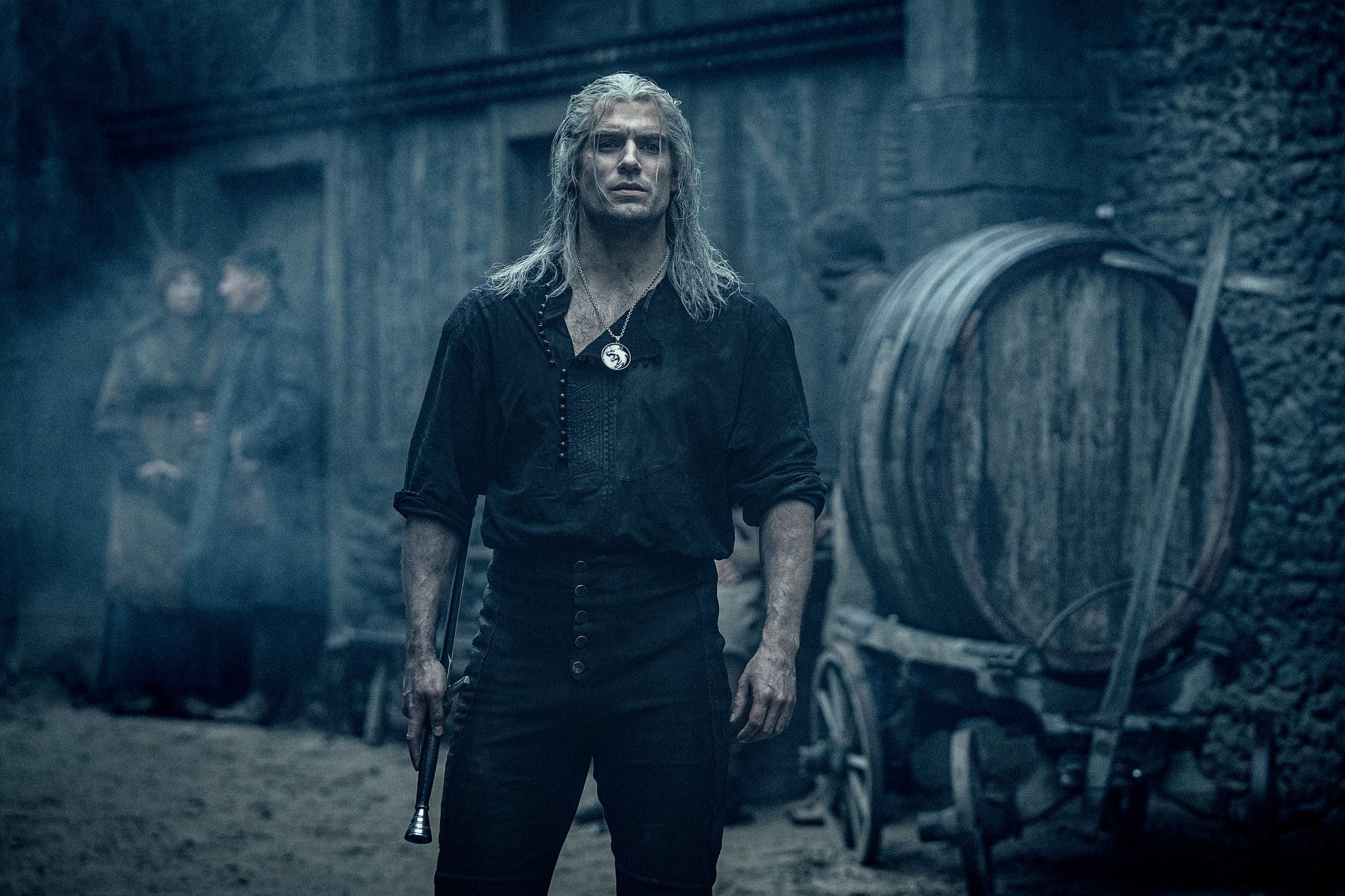When we want to forget about real-world troubles we escape into fictional worlds, whether it’s by reading a book, watching a movie, or playing a video game. It comes to no surprise that they are all multi-million-dollar industries, cashing in on adapting any of the aforementioned mediums into one another. Historically, video games made into movies don’t work critically or financially. With critics and fans not responding well, why are there at least eleven video game movies in different stages of development?
Back in the 80’s and 90’s, Mario became a global phenomenon with a simple concept: plumber saves the captive princess from the evil King Bowser. So that success led to the production of the Super Maro Bros movie. The problem was that Super Maro Bros did not make any sense, only borrowing the bare minimum names and terms from the Nintendo game and then giving up on plot or character development. The result? It only made about half of its 48-million-dollar budget.
Had Street Fighter and Mortal Kombat not become profitable afterward, despite also being terrible movies, filmmakers might have given up on video game movies altogether. Nevertheless, Hollywood moved forward with the bar set low for video game movie adaptations.


Since Super Mario Bros came out 27 years ago, only three video game movies have ever received a Rotten Tomato score above 60%, never a good sign. A film becomes successful when the audience can connect with its protagonist and root for them to win in the end. When it comes to video games, protagonists are often underdeveloped, which makes it easy to inject our personalities into the storyline. Most games give players multiple-choice decisions that change the plot as they explore the game world, allowing us to customize our experience and create unique connections that cannot be transferred to the big screen. of a game. Video game movies can feel like we are watching someone else play the game, and as a little sister of two older brothers, I can personally attest that’s not as fun. Either the video game movie narrative is vague and barely tries or, in the other extreme, stuff the entire cannon of the mythology into a two-hour film.
Avengers: Endgame is currently the highest-grossing film of all time, making nearly 2.8 billion dollars at the box office. Sounds impressive, but not really when you learn that Grand Theft Auto 5, as of May 2018, has made a profit of 6 billion dollars. The Witcher series, as a whole, sold over 40 million copies as of June 2019. So it’s no wonder that moviemakers want a share of that avid fan-base, and they do so by trying to attach the success of a video game to their movies.
Modern video games have proven that the story and characters can work with gameplay, and the fans like it. Hollywood seems to be knocking these movies out, hoping a game’s fanbase will help them strike gold. Crossing your fingers and hoping for a hit was the issue with comic book movies and it took several awful movies across the 90’s and early 2000’s before the Marvel Cinematic Universe perfected that formula. The MCU embraced it’s weird comic book history, took a risk, and finally produced films that the fans were excited to see.
The biggest issue is that the film industry constantly plays it safe. We see so many sequels, reboots, and a general lack of original stories nowadays due to a never-ending pursuit of the almighty dollar. If something was proven to work, then we, as an audience, get fed the same thing over and over again, with only slightly different adjustments. Video game movies will most likely continue to be disappointing as they haven’t found the formula- the right risk to take- to unite gaming fanbases.


Warcraft, released in 2016 to a disappointing Rotten Tomato score of 28%, focuses on the clash between orcs and humans in the world of Azeroth. Despite issues with the bland script and overall confusion of viewers unfamiliar with WoW lore, what Warcraft did well was flesh out the orc culture and personalities of some characters through good voice acting and a compelling story. In my opinion, they were the best part of the film, and I connected with them right away. My biggest problem was that there weren’t enough of them. They looked great visually, and I felt the acting and facial expressions were better on the orcs than the non-CG cast who felt wooden and emotionless.
As a fan of World of Warcraft, I was excited to see the places I had discovered in the game. When a “good movie” ends, the audience should leave with a sense of wanting more, and I feel many public reviewers were like me and felt like another better movie would follow up soon, and that I wanted to see that too. Warcraft made three times as much as its production budget and was full of floral notes of a decent and enjoyable video game movie.
Ironically it’s not a movie, but rather Netflix’s The Witcher that has set the bar higher than ever before on the quality of video game adaptations. The Witcher has an advantage story-wise of being a book series that was later developed into a game. Even though the book series inspire the show’s storyline, Henry Cavill and others came into this project as avid gamers, particularly as fans of The Witcher 3: Wild Hunt. Cavill’s respect and love of the game is reflected in his performance as Geralt and, being a television series, it has the advantage of developing a story beyond two hours. The show doesn’t count on the audience knowing anything about The Witcher before watching, which has helped it grow in popularity.


Modern video game adaptions, from Warcraft up to The Witcher displays a trend of higher quality writing and production, therefore gradually creating better end products for the genre. If you look between the 90’s and early 2000’s, from Super Mario Bros to Laura Croft: Tomb Raider, critic reviews summed them up as crappy ‘B’ films deserving one star or 20% rating. Fast forward to today with films such as Sonic The Hedgehog or the latest Tomb Raider, and there are more decently positive responses from critics despite their apparent flaws. Hopefully, in this new decade, filmmakers will figure out a way to perfect the formula to produce a critically acclaimed video game movie.
